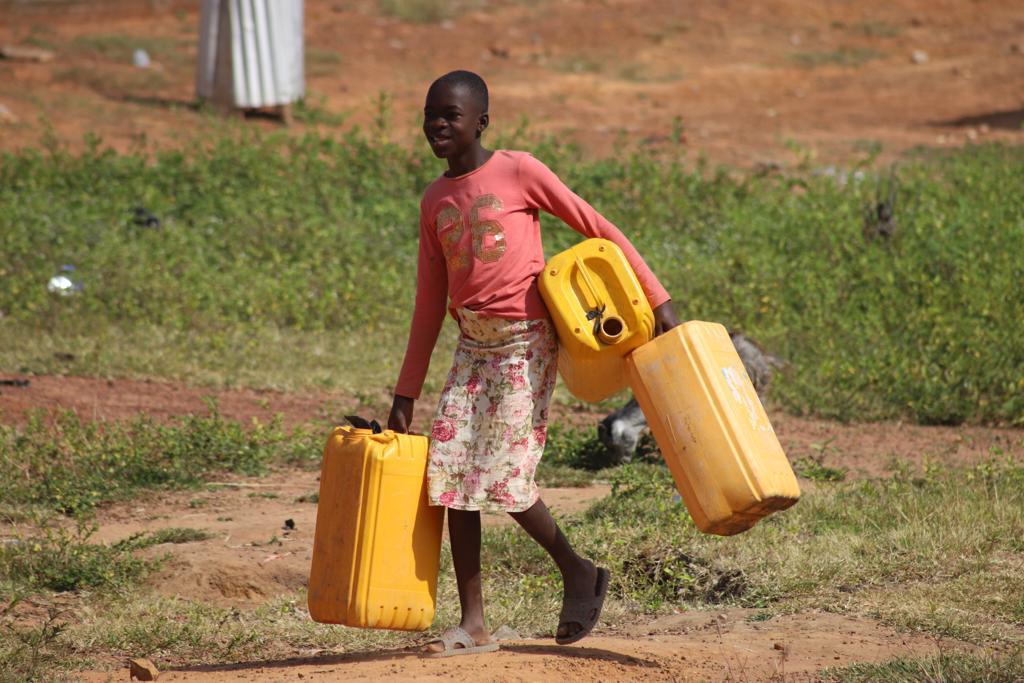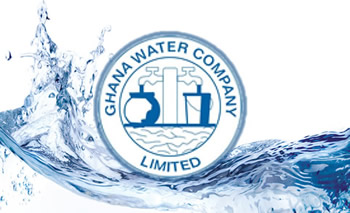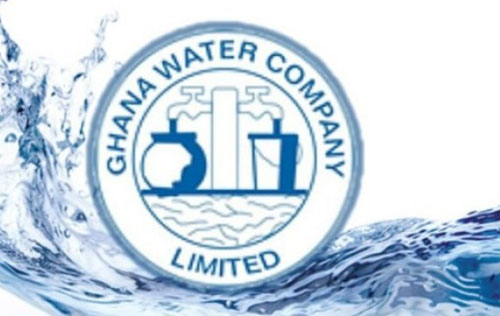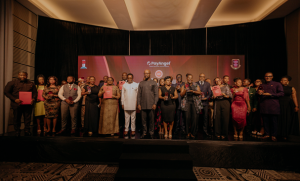
It is sad that a country like Ghana with her enormous water resources could not provide her citizens with adequate drinking water.
While the rest of the developing world is busy with research on how to maximise water supply, Ghanaian leaders are busy holding endless talks and looting the resources allocated to the water sector through its numerous water boards, river basin authorities and general policy amnesia.
Currently, many suburbs do not have access to fresh water. Statistics says more than 40% of Ghana's 25 million people do not have safe water access despite an investment of roughly a half a billion US dollars over the past twenty years from the government and its development partners.
Although noteworthy progress has been made, the majority of rural water systems fail prematurely. Current estimates indicate that 29% of all rural and peri-urban hand pumps are broken and an additional 49% only partially function.
Fourteen years into the 21st century, most Ghanaians still rely on water scooped from filthy ponds, wells, rivers, and lakes; in many privileged homes, water is obtained from private boreholes. Water from whatever source is hawked as "pure water" in both towns and cities.
Several factors contribute to the lack of safe water access in Ghana. Most Ghanaians rely on surface water and these sources have life-threatening parasites and high microbial content. In some regions of the country, the water has significant water discoloration and contains dangerous minerals. Communities, particularly in rural areas, also lack basic skills and the capacity to maintain the wells, hand pumps and other systems well-intentioned organizations have provided.
Business Day is calling on government to stand up to its responsibility and provide for the sector a special fund that must not be stolen. Awareness of the inter-linkages between water and energy is expedient, just as we must focus on the broad range of issues related to the nexus of water and energy.
Our decision makers in the energy and water sectors should integrate into the global plan on the water-energy synergy to achieve greater economic and social impacts.
Our government needs to be more pro-active. A multi-sector approach is needed to address inequities, especially for the "bottom billion" that live in slums and impoverished rural areas and have to survive without access to safe drinking water, adequate sanitation and energy services.
Read Full Story




















Facebook
Twitter
Pinterest
Instagram
Google+
YouTube
LinkedIn
RSS